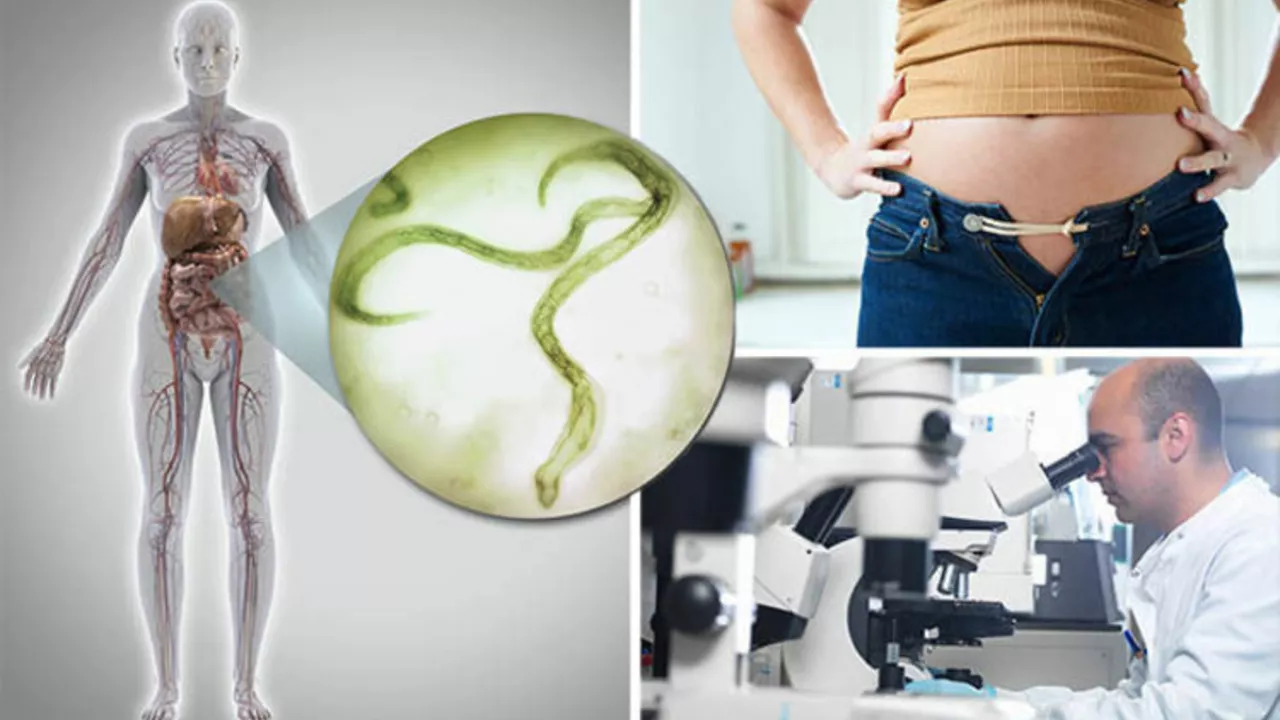Human-Parasite Interaction: What Happens When Parasites Live With Us
Some parasites live inside millions of people right now—often without being noticed. Parasites range from tiny single-celled organisms to worms you can see with the naked eye. They don’t all cause obvious illness, but their presence can change how you feel, your nutrient levels, and even how your immune system works. Knowing how they behave helps you spot problems early and lower your risk.
Common Parasites and How They Spread
Think of parasites in three groups: protozoa (like Giardia or malaria), helminths (worms such as roundworms, tapeworms, and hookworms), and ectoparasites (fleas, lice, ticks). Each spreads differently. Some travel through contaminated water or food—Giardia and tapeworms are examples. Others, like hookworms, can penetrate skin in contaminated soil. Ticks and fleas attach to skin and pass infections directly. Pets, poor sanitation, raw food, and travel to high-risk areas raise your chances of encountering them.
Not all parasites cause dramatic symptoms. Some trigger stomach pain, diarrhea, fatigue, or unexplained weight loss. Others cause itchy skin, rashes, anemia, or fevers. In some cases—like certain brain or heart infections—symptoms can be severe. If you have persistent digestive problems, sudden anemia, or a travel history with new symptoms, ask your healthcare provider about parasite testing.
Practical Prevention, Diagnosis, and Treatment Tips
Prevention is the easiest step. Wash hands thoroughly, drink safe water, cook meat properly, and avoid walking barefoot in areas with poor sanitation. Use insect repellent, check for ticks after outdoor activities, and keep pets treated for fleas and worms. For travelers, check vaccines and avoid local raw foods when hygiene is uncertain.
If you think you might be infected, tests are straightforward: stool samples, blood tests, or skin checks depending on the parasite. Diagnosing early usually makes treatment simpler. Many parasitic infections respond well to specific medications—antiparasitics or antibiotics for some protozoa. Some worm infections need a single dose; others require longer courses. Follow your provider’s instructions and finish the full treatment to avoid recurrence.
There’s also an environmental side: some parasite drugs used in farming, like ivermectin, can affect wildlife and soil organisms if they enter the environment. That matters because changes to ecosystems can circle back to affect human health. Supporting safe drug use in agriculture and proper disposal helps reduce those risks.
Bottom line: parasites are common but manageable. Stay clean, be cautious with food and water, protect yourself from insect bites, and see a clinician if symptoms persist—especially after travel or contact with animals. Small steps go a long way in preventing infections and keeping you healthy.

